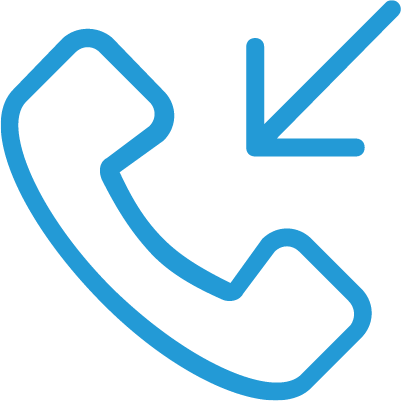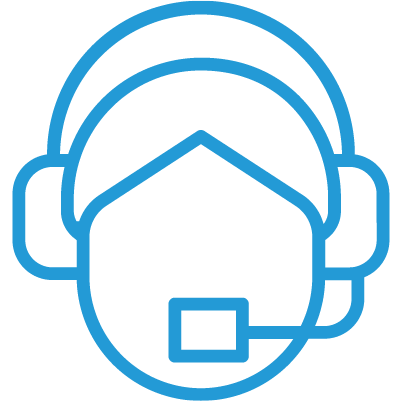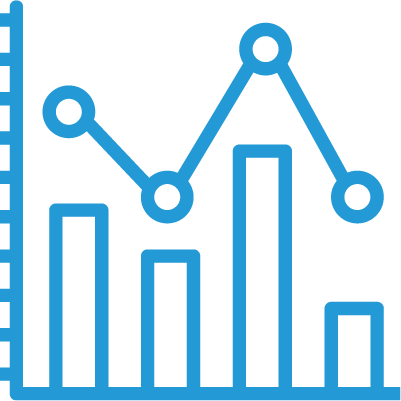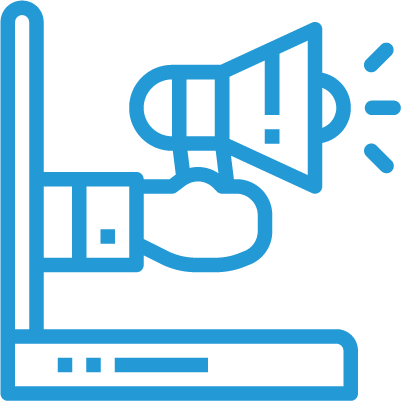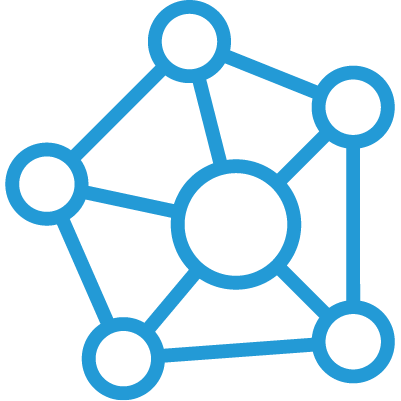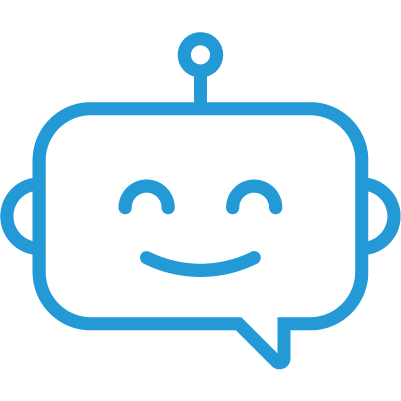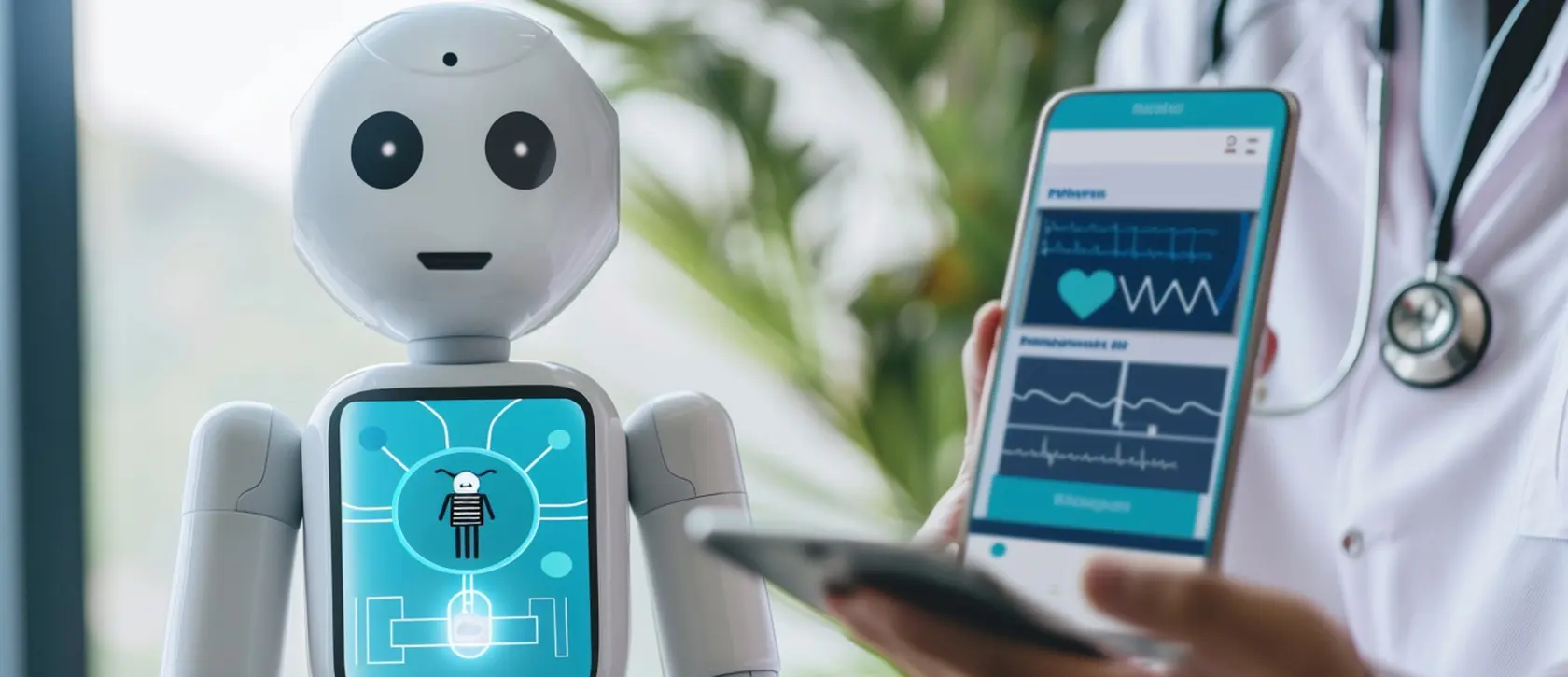
What is a Healthcare Chatbot?
Chatbots in the healthcare industry are AI-powered virtual assistants designed to engage with patients, healthcare providers, and other stakeholders. These chatbots help users access medical information, manage appointments, receive symptom assessments, and more. With the rapid digitalization of healthcare, chatbots have emerged as a transformative tool that enhances patient care, operational efficiency, and cost management.
From answering general inquiries to handling complex data, chatbots are reshaping healthcare delivery by providing accessible, personalized, and timely care. Let’s explore what are chatbots used for and how chatbot solution for healthcare industry is a revolution today.
Benefits of Chatbots in the Healthcare Industry
1. 24/7 Accessibility and Support
One of the most significant advantages of chatbots is their availability around the clock. Patients can interact with chatbots at any time of day, receiving instant responses to medical inquiries, checking symptoms, or managing their prescriptions. This 24/7 accessibility ensures that patients get timely support without having to wait for traditional office hours or long phone holds.
2. Cost Efficiency
Chatbots offer an opportunity to significantly reduce operational costs. By automating routine tasks such as answering FAQs, managing patient appointments, or sending reminders, healthcare providers can lower the need for human resources in non-clinical roles, thus cutting down administrative costs.
3. Enhanced Patient Engagement
Engaging patients through personalized, interactive communication is key to building trust and improving health outcomes. Chatbots can deliver personalized advice, reminders, and follow-ups, helping patients stay engaged in their treatment plans and maintain a proactive approach to health management.
4. Efficient Symptom Triage and Assessment
Chatbots can effectively triage patients based on the symptoms they report. By asking relevant questions and analyzing the responses, chatbots guide patients to the appropriate care level, whether it’s self-care, booking a doctor’s appointment, or seeking emergency treatment.
5. Reduced Wait Times
By automating processes like appointment scheduling and providing instant access to healthcare information, chatbots reduce patient wait times both in clinics and hospitals. This not only improves patient satisfaction but also allows healthcare providers to focus on delivering more critical care.
6. Improved Medication Adherence
Non-adherence to prescribed medication is a widespread issue that affects treatment outcomes. Chatbots can play a crucial role in improving adherence by sending regular reminders to take medications, providing dosage instructions, and checking for side effects.
7. Operational Efficiency
From handling patient records to managing staff schedules, chatbots are boosting operational efficiency by automating various administrative tasks. This enables healthcare professionals to focus on patient care instead of dealing with cumbersome paperwork or scheduling conflicts.
8. Scalability and Capacity Management
Healthcare providers often struggle with scalability, especially during pandemics or large-scale emergencies. Chatbots can handle a surge in patient inquiries or consultations without overwhelming the system. This flexibility ensures that healthcare systems can maintain high-quality service, even in peak periods.
9. Data Collection for Insights
Chatbots are excellent tools for collecting and analyzing patient data, such as symptom patterns, medication adherence, or follow-up care feedback. This data can offer valuable insights that help healthcare providers refine their services, improve patient outcomes, and even conduct research.
10. Security and Compliance
Given the sensitive nature of healthcare data, maintaining security and regulatory compliance is paramount. Advanced healthcare chatbots are built with robust encryption protocols and adhere to regulatory standards like HIPAA, ensuring that patient data remains secure.
Use Cases of Chatbots in the Healthcare Industry
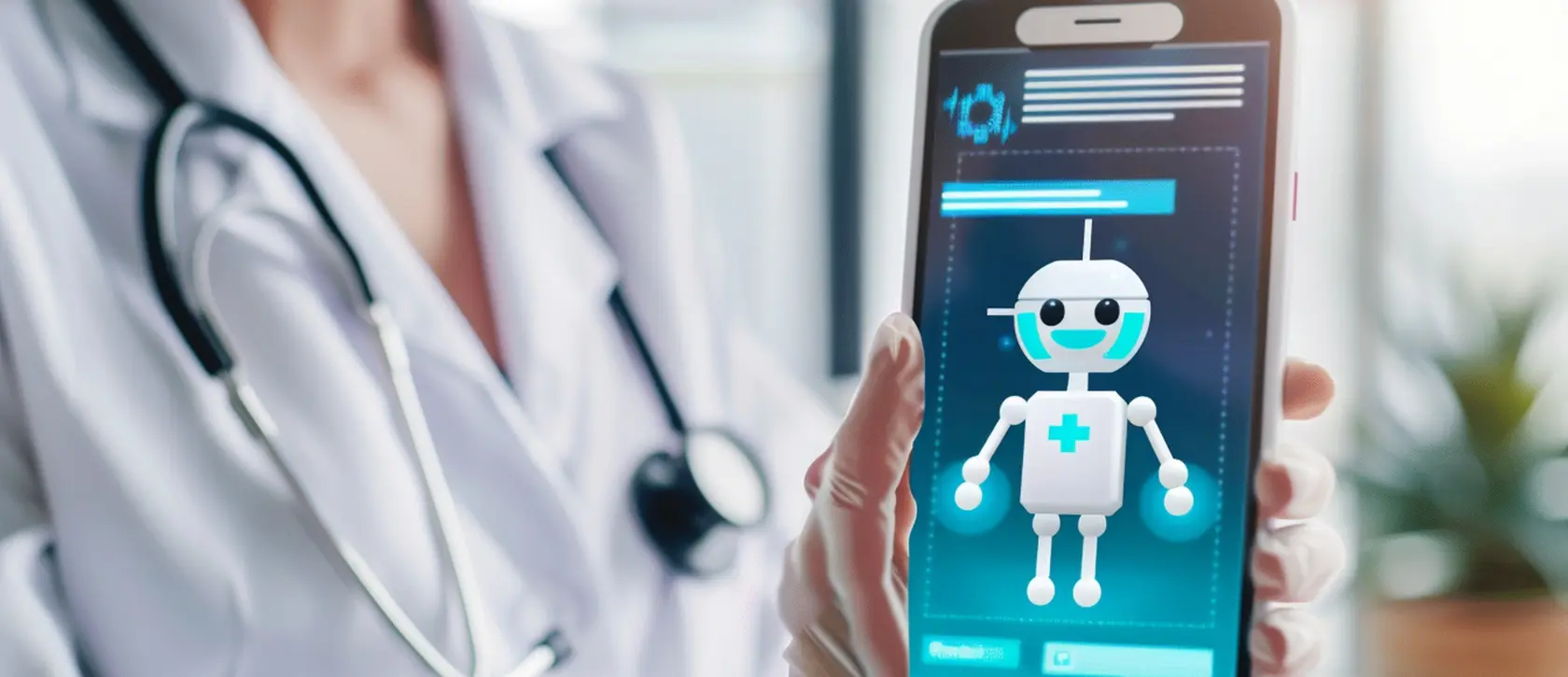
1. Automated Appointment Scheduling and Reminders
Managing appointments can be time-consuming for both patients and healthcare providers. AI-powered chatbots in healthcare automate this process by allowing patients to schedule, reschedule, or cancel appointments without human intervention. They can also send timely reminders to ensure patients don’t miss their visits, reducing no-show rates and optimizing appointment slots.
2. Symptom Checker and Triage
Chatbots equipped with symptom-checking capabilities ask patients a series of questions about their symptoms and analyze the data to recommend the next steps. This may include self-care advice, a general practitioner visit, or urgent care. This capability streamlines patient flow by guiding them to the right level of care.
3. Medication Management and Reminders
One of the most valuable roles chatbots play in healthcare is managing patient medication adherence. They can provide regular reminders to take medication, offer dosage instructions, and check in with patients to monitor for side effects or missed doses.
4. Post-Discharge Follow-up
After being discharged from the hospital, patients often require monitoring or follow-up appointments. Chatbots can assist in post-discharge care by checking in with patients about their recovery progress, reminding them of follow-up visits, and ensuring they follow their discharge instructions.
5. Insurance and Billing Assistance
Navigating insurance claims, billing inquiries, and payment plans can be overwhelming for patients. Chatbots simplify this process by answering questions about coverage, explaining bills, and assisting with payment options, all in a user-friendly manner.
6. Patient Onboarding and Pre-consultation Assistance
When patients first visit a healthcare provider, there’s typically a lot of paperwork and pre-consultation screening. Chatbots can guide patients through the onboarding process, collecting necessary medical history, symptoms, and personal data, making the in-person consultation more efficient.
7. Virtual Health Assistance
Chatbots can serve as virtual health assistants, providing personalized health advice, managing chronic conditions, and guiding patients through home-based treatments. By answering health-related questions and offering general medical guidance, they empower patients to take better control of their health.
8. Healthcare Education and Information
Access to accurate healthcare information is vital for patients making decisions about their health. Chatbots can offer educational content on various health topics, from preventive care to managing chronic illnesses. They also answer FAQs, ensuring patients have accurate, reliable information without needing to search multiple sources.
The integration of chatbots in the healthcare industry is revolutionizing the way patients access and interact with medical services. From improving operational efficiency to enhancing patient engagement and reducing costs, the numerous benefits of chatbots in healthcare is transforming healthcare delivery. As AI continues to evolve, the potential applications of chatbots will only expand, further enhancing patient care and optimizing healthcare systems.
